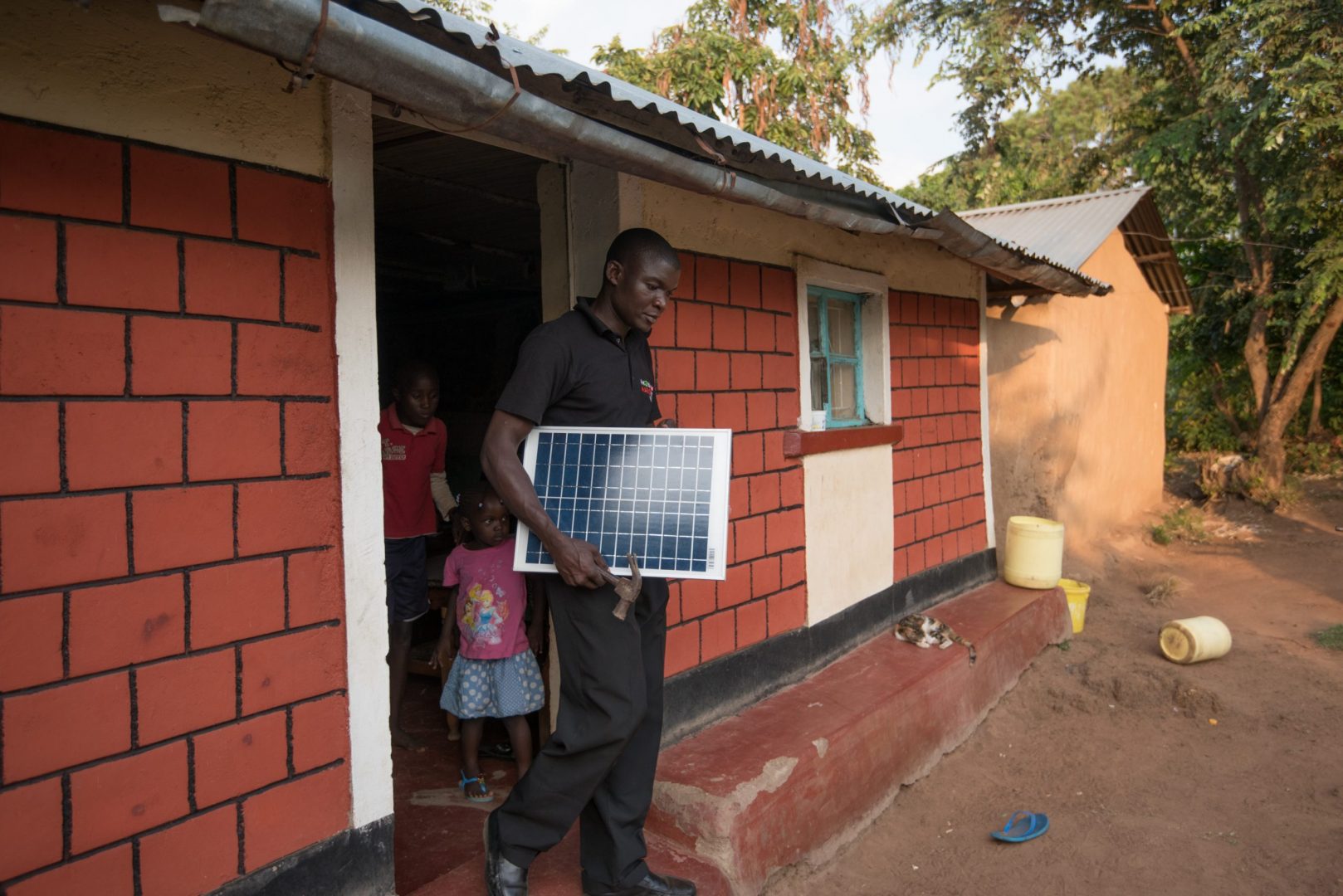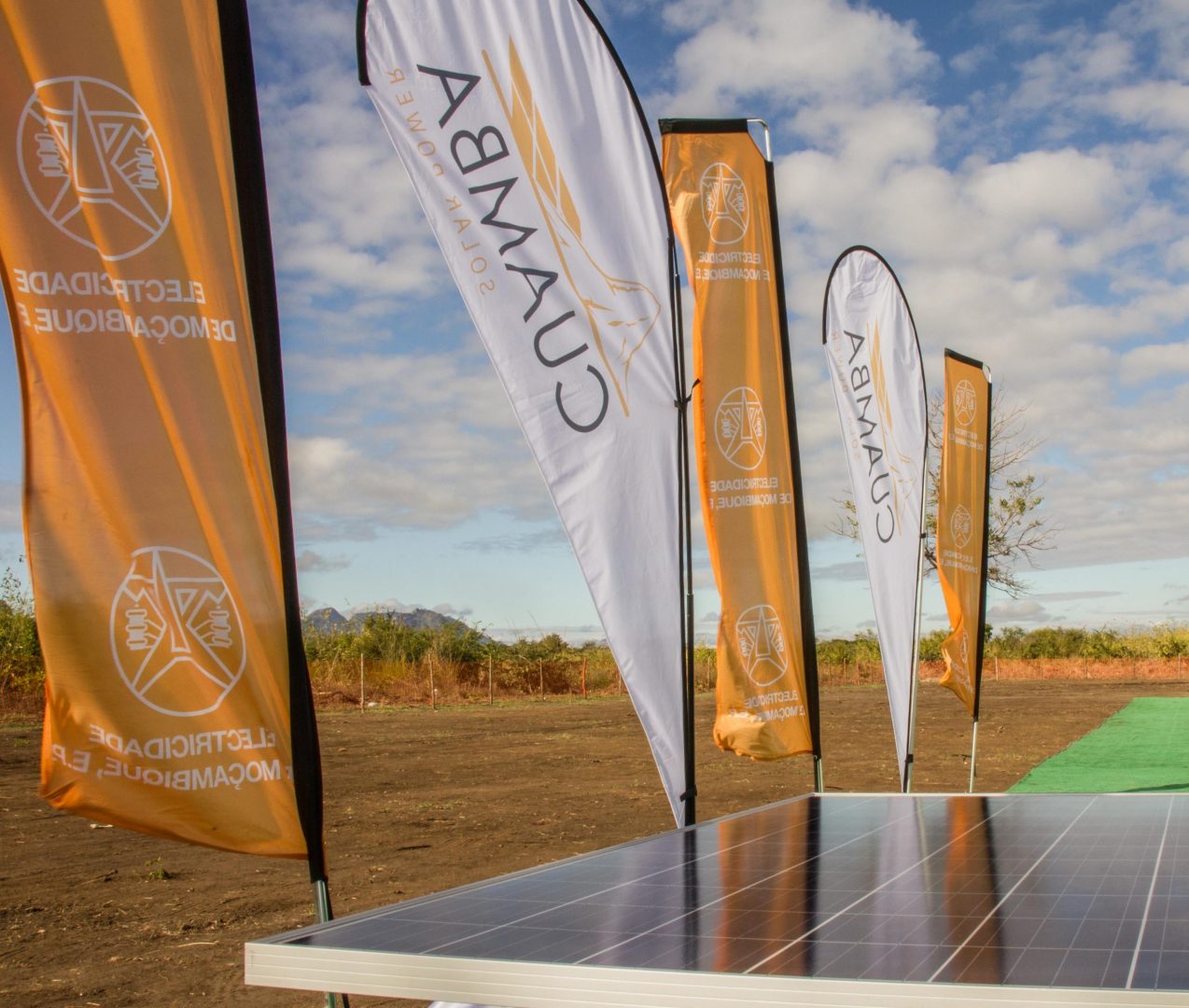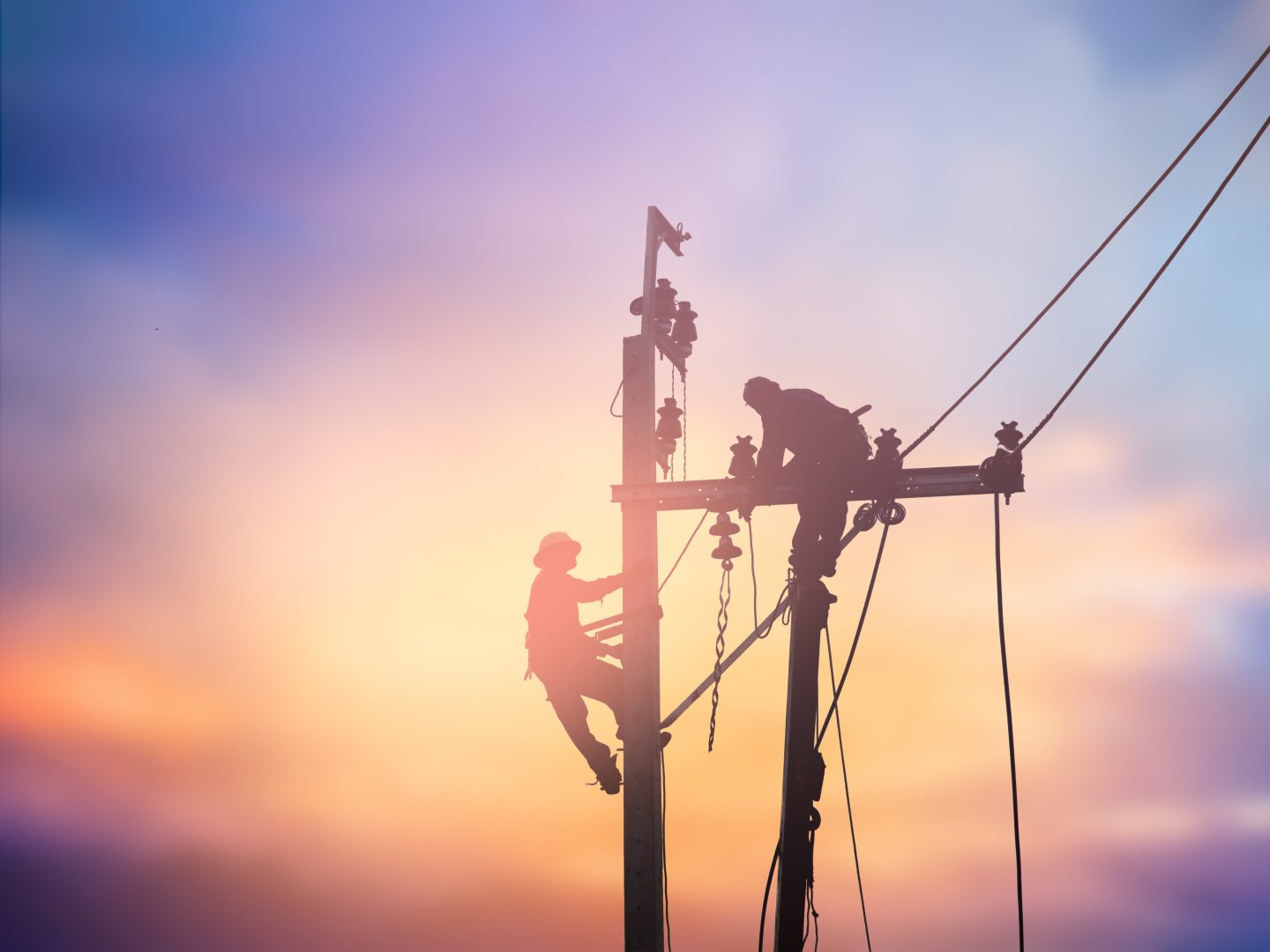
CDC Group plc, the UK’s development finance institution, has committed up to US$9m in Virunga Energy, a hydro-electric power business backed by UK charity, The Virunga Foundation to provide clean electricity to communities living in and around Virunga National Park in North Kivu, Eastern Congo. CDC’s investment will support the development of the existing electricity grid and the construction of two new plants resulting in almost 50MW of total generation.
The investment, made through the Department for International Development’s (DfID) Impact Acceleration Facility*, will establish power infrastructure in a region of four million people that faces a chronic lack of electricity supply. In many target areas of the Virunga grid there is currently no access to electricity; in the wider Kivu area there is only 3% electrification and around 15% in the DRC in general.
In 2015, the Congolese Government passed a new energy law that has opened up the space for new types of investment and management in the sector. CDC’s loan is the first commercial capital for the project, which until now has only received grant funding. CDC’s loan – for up to 10 years – is also understood to be the only development finance investment in North Kivu since the mid-1980s. By contrast, the region, which has seen armed conflict on and off for the last two decades, has received an estimated US$90bn of donor funding since 2000.
CDC’s initial investment of US$2.5m will go primarily towards the expansion of the electricity grid around the recently-opened 12.6MW Matebe hydroelectric plant. Once certain conditions are met, a further US$6.5m will become available for the construction of two new hydroelectric plants near Lubero and Butembo (totalling around 35MW).
The investment into one of the hardest operating environments in the world, was made possible by a unique combination of factors: a highly impressive, committed and commercial management team; the foresight and boldness of the previous grant funders (the Howard G Buffet Foundation, the EU, members of the Virunga Foundation and the Belgian Government) in providing a bedrock on which non-grant funding could follow; and the availability of the DfID Impact Acceleration Facility, which is focused on higher-risk investments.

The concession agreement for Matebe and CDC’s loan are signed in March. Present are the Deputy Governor of North Kivu, Nick Hurd MP and representatives from the Virunga Foundation, ICCN and CDC.
Further benefits of the investment include:
- Hydropower is a cheap and clean form of energy compared to the diesel, petrol and kerosene used by businesses and individuals in the region. Virunga is keen to reduce the use of charcoal in the region that has led to deforestation of the park as well as providing funding for armed groups.
- The importance of access to power in economic development means that CDC’s investment will drive businesses to be established that will create jobs in the long-term. For example, the SICOVIR soap plant near Mutwanga, the largest such factory in Eastern DRC, was only made operational by electricity provided by the 0.3MW plant in Mutwanga.
- CDC’s funding is acting as a “bridge” for Virunga to seek commercial funding in the future. By proving a business is sustainable through the DfID Impact Acceleration Facility, CDC hopes to be able to attract financing from other parties for further expansion of the infrastructure in future.
* CDC’s investment in Virunga is drawn from the Department for International Development’s (DfID) Impact Acceleration Facility. The facility, which is managed by CDC, aims to generate economic opportunity and employment through the creation of both direct and indirect jobs, and increase access to basic goods and services, especially in remote areas or fragile states. DIAF is focused on higher-risk investments, where the risk reward profile is not yet at market levels.
https://www.bii.co.uk/How-we-do-it/Types-of-capital/diaf/





